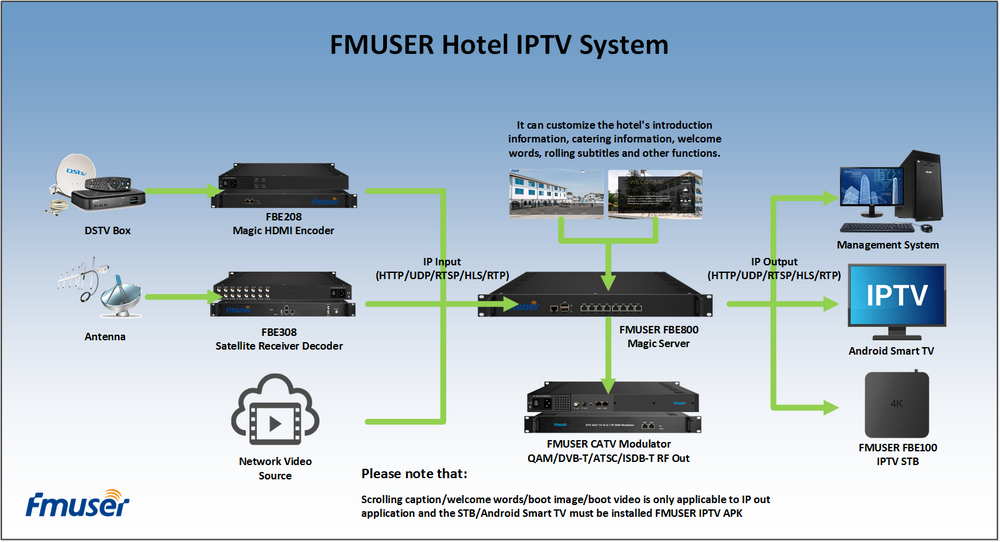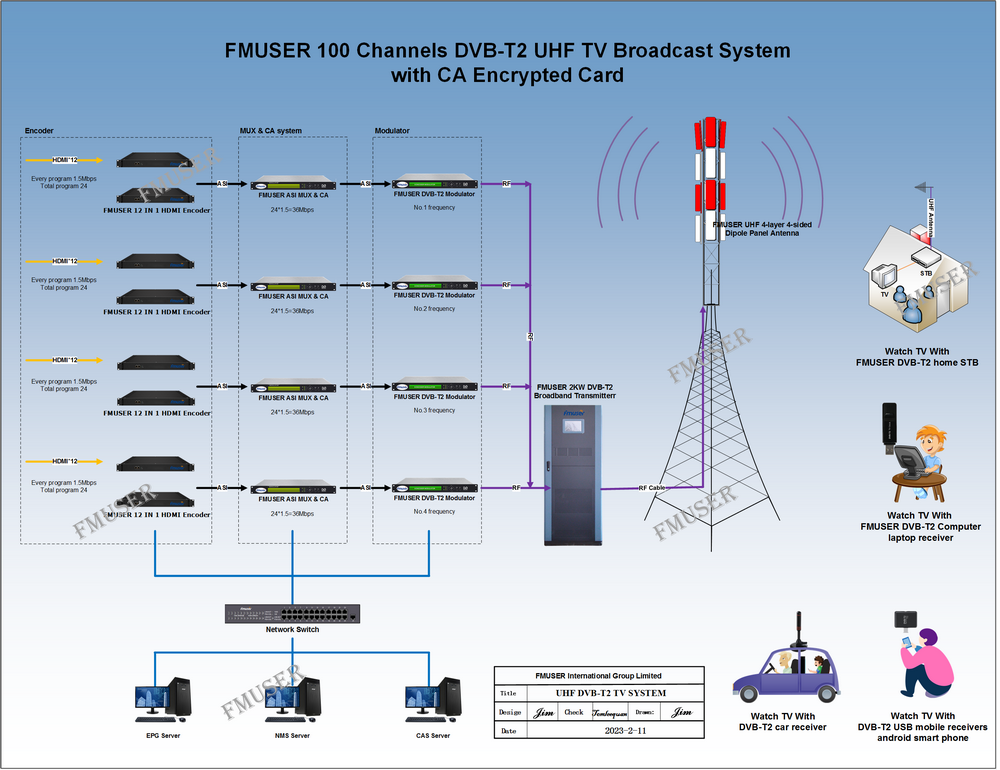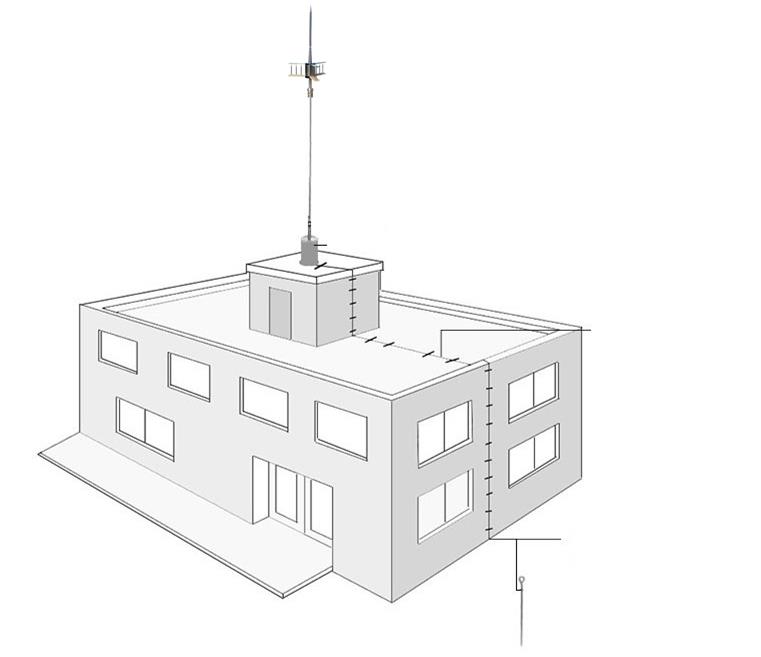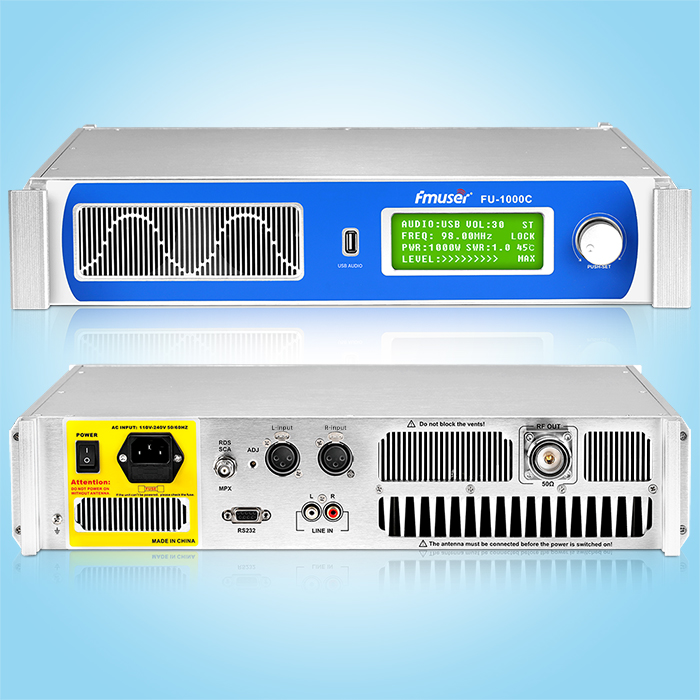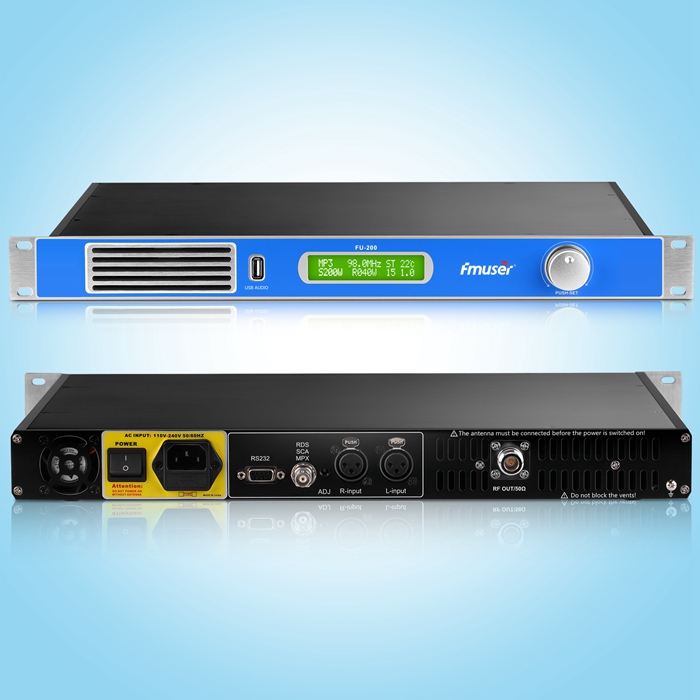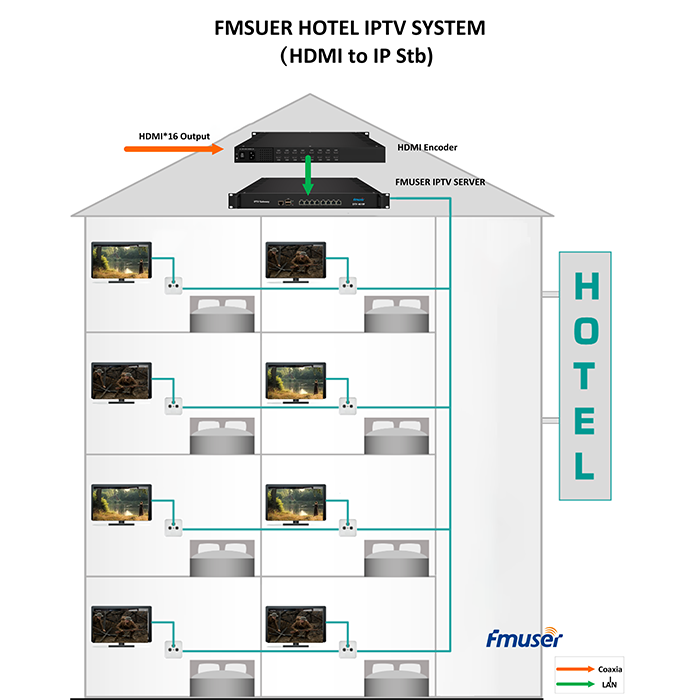The pointer is the memory area address where variables or data is located. If a character type variable STR stores 51H in the memory cell DATA area, the 51h address of the DATA area is the pointer of the variable STR. In the C language pointer is a very important concept, correctly and efficiently use the pointer type data, which can more effectively express complex data structures, can more efficiently use array or variables, which can easily process memory or other stores. . The reason why the pointer can be such as effective operation data is because both the program's instructions, constants, variables, or special registers are stored in memory cells or corresponding storage areas, these storage areas are divided by bytes, each storage Both the unit can read or write data with unique numbers, this number is the address of the stored unit, and the action read and writes this number is called addressing, and can access any one of the storage area by addressing. Visible units, and this feature is a variable or array or the like is not possible. The C language has also introduced the data type of the pointer type, which is specifically used to determine the address of other types of data. With a variable to store the address of another variable, the variable used to store the variable address is called "pointer variable." If the variable strip is used to store the address of the STR variable at the beginning of the article 51H, the variable Strip is the pointer variable. Below with a chart to explain the pointers of the variable and two different concepts of pointer variables.
The pointer to the variable is the address of the variable, and the address operator '&' is used to obtain the assigned pointer variable. & Str is the address of the variable STR. Use statements strip = & STR to store the acquired STR pointer in the Strip pointer variable. The value of Strip changes to 51H. It can be seen that the content of the pointer variable is the address of another variable, and the variable belongs to the address is called the variable pointed to by the pointer variable.
To access the variable Str, in addition to access to the 'STR' variable name, you can access the variable address. The method is to use & STR to extract the emission address and assign the Strip pointer variable, and then you can use * Strip to access the STR. '*' Is a pointer operator that uses it to obtain the value of the address pointed to by the pointer variable. The address pointed to by the pointer variable Strip is 51h, while the value in 51h is 40h, then the value obtained by * Strip is 40h. The variables are required before using the pointer variables before using other types of variables, and the form is similar,
The general form is as follows:
Data Type [Memory Type] * Variable Name;
UNSIGNED Char XData * Pi // The pointer will occupy the bin, and the pointer itself is stored in the compiler default storage area.
CHAR type to the XDATA storage area
UNSIGNED Char XData * Data Pi; // In addition to the pointer itself specifies in the DATA area, the rest
INT * pi; // Defined as a general pointer, the pointer itself stores the compiler default storage area, accounting for three bytes in the defined form "data type" refers to the type of variable pointed to by the defined pointer variable. "Memory Type"
It is an extension identifier for compiler compile, which is optional. When there is no "Memory Type" option, it is defined as one
Specificity pointers, if there is a Memory Type option, it is defined as a memory-based pointer. Limited to the addressing range of the 51 chip,
Be
The maximum value of the pointer variable is 0xffff, which determines that the general pointer will occupy 3 bytes of memory, and the first word save the pointer memory type encoding, and the latter is stored in the high and low order of the pointer. Based on memory-based pointers, because of one or two bytes, Idata, Data, PDATA memory pointers, and xData will occupy two bytes because they do not recognize memory types, IDATA, DATA, and PDATA memory pointers. It is known that the clear definition of the pointer can save memory overhead, which is useful in projects that strictly require program volume.
There are many ways to use pointers, limited to paracenesis, which can only be introduced to it. The following is used in routine modification when the constant is described, and the basic method of use of the pointer is used.
#include
// The name of the special register is defined in the pre-processing file, such as P1, defined as P1
Void main (void)
{
// Define the pattern data, and the data is stored in the CODE area in the film.
Unsigned char code design [] = {0xFF, 0xFE, 0xFD, 0xFB, 0xF7, 0xEF, 0xDF, 0xBF, 0x7F,
0x7f, 0xbf, 0xDF, 0xef, 0xF7, 0xfb, 0xfd, 0xfe, 0xFF,
0xFF, 0xFE, 0xFC, 0xF8, 0xF0, 0xe0, 0xc0, 0x80, 0x0,
0xE7, 0xDB, 0xBD, 0x7E, 0xFF};
Unsigned int a; / / Define variables used by the loop
UNSIGNED Char B;
UNSIGNED Char Code * DSI; / / Define pointers based on the Code area
Be
Do {
DSI = & design [0]; // Acquired an address of the first unit of array
For (b = 0; b<32; b ++)
{
Be
}
WHILE (1);
}
For (a = 0; a<30000; a ++); // delay for a while
P1 = * DSI; // Take data from the address points to the P1 port
DSI ++; // Pointer plus one,
In order to understand the working principle of the pointer, you can use the KEIL UV2 software emulator to view each variable and memory.
value. Compile the program and execute, then turn on the variable window, as shown. You can find the variable of the pointer with a single step. As shown in the figure, the loop is executed in the program to the second time. At this time, the pointer DSI points to the address of the C: 0x0004, the value of this address is 0xFE. The value of each address unit can be viewed at the memory window. Using this method not only can help better understand the grammar or procedure during learning, but also makes you more accurate writing programs or solutions in actual use. Read more
Our other product:


